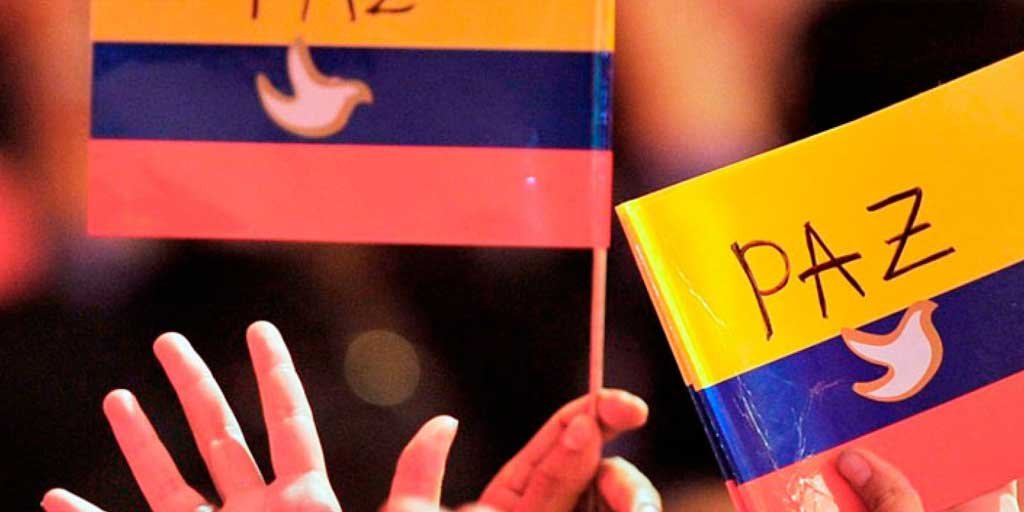Contrary to what it might seem, the decision not to extradite former combatants of the Revolutionary Armed Forces of Colombia (FARC) is a necessary measure to guarantee access to justice to the victims, who will have the possibility of knowing the legal process established from their country, through the actions of Colombian courts. This was signed by Special Justice for Peace (JEP) after the case of the former guerrilla fighter, Jesús Santrich.
After the signing of the Peace Agreementextradition for these defendants changed. In this sense, transitory article 19 of the Constitution left in writing the guarantee of non-extradition, with the intention of complying with the agreement between the parties, offering legal security to the ex-guerrillas and above all ensuring the right of the victims to justice, truth and reparation.
Non-extradition in Special Justice for Peace
The measure establishes that ex-combatants who have adhered to the SJP before December 1, 2016 (when Congress ratified the Final Agreement) will not be extradited for crimes committed during the armed conflict, regardless of whether these actions were carried out within Colombia or outside its borders. The Constitutional order establishes that this mandate must be a State policy to be respected and executed by the next three presidents of the country.
The JEP is in charge of guaranteeing the date on which the former guerrilla adhered to the agreement.. If the accused persons committed the crimes after the established date, the case is transferred to the ordinary justice system and they may be subject to extradition. The Review Section has the function of evaluating each case and requesting the evidence it deems necessary to decide whether or not to grant the guarantee of non-extradition.
The main motive behind the guarantee of non-extradition is that the victims have the truth about who is subject to this jurisdiction. If extradition is granted, the accused sent to another country will not be obliged to acknowledge the truth, just as the victims will not be able to satisfy their right to justice. The reparation or promise of non-repetition of the criminal conduct would also be invalidated.
In the event of non-compliance with the provisions of the SJP, the international human rights bodies shall and International Criminal Law, can investigate or sanction both the State for non-compliance with its obligations, as well as the citizens responsible for international crimes.
For this reason, at Alan Aldana & Abogados, we must congratulate the independence of the Colombian Judiciary, which demonstrates the legal transparency of a transitional justice process where the system of constitutional values were weighed by the judges in the aforementioned decision, in attention to a collective legal good, the Peace of a country.













